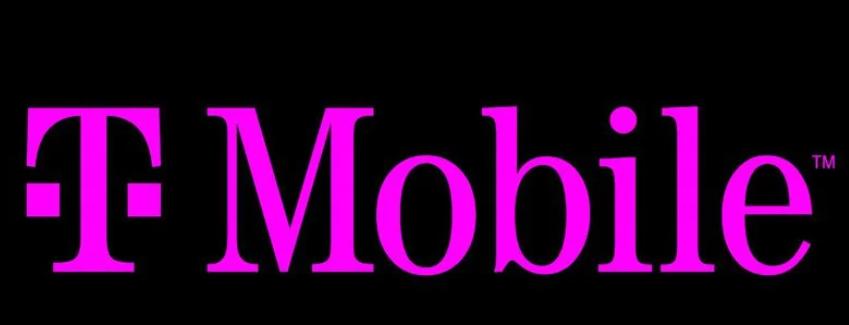IT House April 24 news, has invaded Microsoft, Nvidia, Samsung hacking organization Lapsus$ recently successfully hacked into T-Mobile, and stole the source code of the telecom giant. T-Mobile has confirmed that its servers were attacked, but has insisted that no customer or government information or other similarly sensitive information has been accessed or stolen.

In confirming the attack, T-Mobile said:
A few weeks ago, our monitoring tool detected a bad actor using stolen credentials to access an internal system containing the software for the operation tool. Our systems and processes work as designed, intrusions are quickly shut down, and compromised credentials are used that have expired. The accessed system does not contain customer or government information or other similarly sensitive information.
Notably, the Lapsus$ hacking group, in turn, accessed the company's internal network by obtaining employee credentials, just as before. After obtaining the credentials of some T-Mobile employees, Lapsus$ used the company's internal tools, such as T-Mobile's customer management system Atlas, to perform SIM swap attacks.
IT House previously reported that at the end of March, the City of London police arrested 7 teenagers suspected of involvement in Lapsus$. But interestingly, only two of them have been charged. At the time, there were also reports that a 16-year-old from Oxford had been arrested after being reported by a rival hacker.
According to the announcement of the City of London police, the two teenagers appeared at Cape Highbury Magistrates' Court, but have not made any relevant remarks since then. The two were charged with three counts of unauthorized access to computers to compromise data reliability, one count of false statement fraud, and one count of unauthorized access to computers to obstruct data access. Among them, the 16-year-old was also charged with a crime that caused the computer to perform a function that protected unauthorized access to the program.